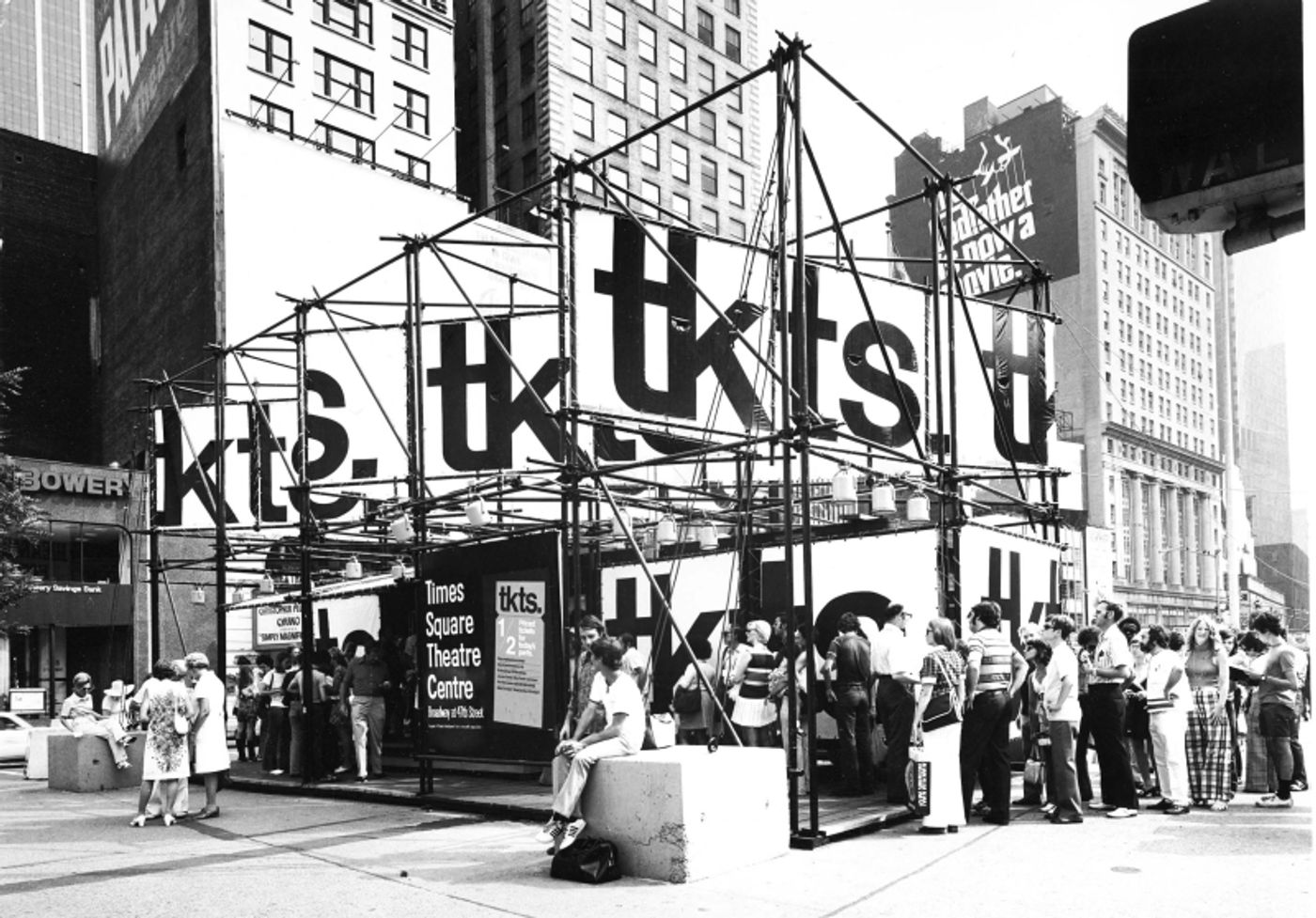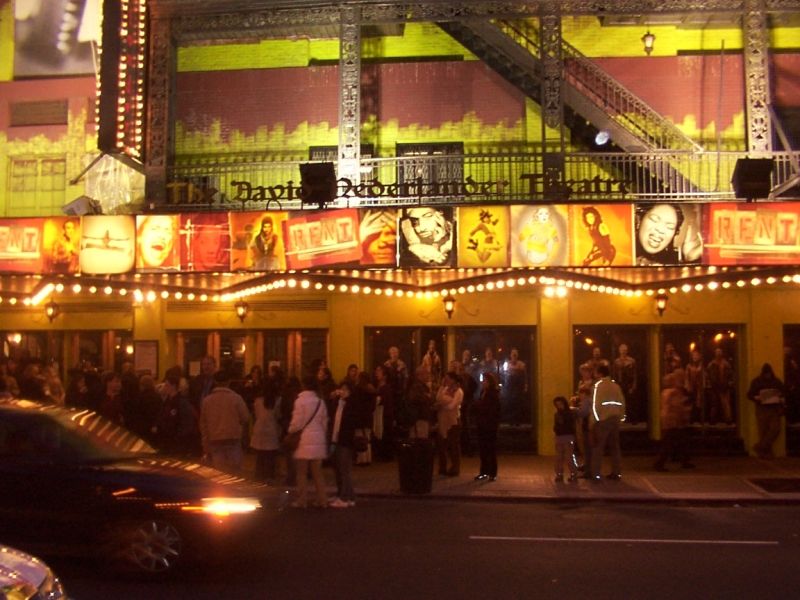What Is the History of Broadway Rush and Lottery Tickets?
Jennifer Ashley Tepper Is answering your questions with Broadway Deep Dive!
Do you have a burning Broadway question? Dying to know more about an obscure Broadway fact? Broadway historian and self-proclaimed theatre nerd Jennifer Ashley Tepper is here to help with her new series, Broadway Deep Dive. Every month, BroadwayWorld will be accepting questions from theatre fans like you. If you're lucky, your question might be selected as the topic of her next column!
Submit your Broadway question in the comments here!
This time, the reader question was: What is the history of Broadway rush and lottery tickets?
Did you know that the concept of discounted tickets to Broadway shows has been around since at least the 1890s?
It was during that decade that Joe LeBlang, who owned a tobacco shop on 30th Street and Broadway, pioneered a discount ticket system. At that time, 30th Street was a central location within a Broadway theater district that at that time, was closer to Herald Square than Times Square. LeBlang was one of many shopkeepers who would receive free tickets for currently playing Broadway shows, in exchange for putting the posters for those shows in his shop’s windows to advertise.
The enterprising LeBlang began collecting piles of tickets given to himself and his fellow shopkeepers, selling these tickets at discount prices, and splitting the take with the others. This was how Broadway’s first widely utilized discount ticket service was born. While not technically a rush ticket in the way we have come to use the term today, tickets were sold at the last minute, at lower prices than the regular price- and are an ancestor of today’s rush ticket.
The shop became a huge, popular business. While it had more in common with today’s TKTS booth than with rush lines, LeBlang’s was a landmark in Broadway discount ticket history. Those who might buy a rush ticket today, but who lived in the 1890s through the 1930s, would have found themselves running up to LeBlang’s shop with a few coins in their pocket, ready to see a Broadway show that night.

In 1972, the TKTS booth opened, and became the place to get discounted Broadway tickets in person, “day-of”. Today, there are dozens of discounted ticket services online as well. Some are for specific communities and some are open to all—and most are available in advance of the show date.
Rush tickets, on the other hand, are either sold at individual shows’ box offices, or digitally, and are almost always for that day’s performance. Rush are typically sold at a significantly lower rate than the regular ticket price, and even lower than the average discount. Rush tickets might be for a specific group, such as students or seniors. There are also general rush tickets, which anyone can purchase.
Student rush tickets were occasionally offered for Broadway shows in the latter half of the 20th century. Usually this was for shows that were big hits, like Les Misérables. Initiatives to welcome students in, at affordable prices, for these shows that were doing notably well, were put in place. Students were usually sold seats in the last row of the balcony.
In 1996, Rent changed Broadway in more ways than one. When the groundbreaking musical opened at the Nederlander Theatre and became a landmark hit, those involved wanted to make sure that the people who Jonathan Larson wrote the show for—artists, young people, bohemians, and so on—could still afford to attend. So, Rent sold the first two rows of its center orchestra section for $20 each, in a revolutionary move for Broadway rush tickets. As a result of this seating location choice, Rent’s most enthusiastic patrons were often in the front two rows, which greatly impacted the energy of performances.
After many months where people who wanted rush tickets to Rent had to sleep on 41st Street in order to get them, due to demand, safety became a concern. Thus, the Rent rush line became a Rent lottery. Audience members who wished to be eligible to purchase these same seats now entered a lottery at the Nederlander, held a few hours before each performance, where names were chosen at random until all tickets were accounted for.

At the same time as Rent influenced a new generation and brought them to Broadway, it also influenced other Broadway shows to implement rush and/ or lottery programs as well. Inspired by Rent, and hoping to incentivize attendance from younger people as well as those who otherwise couldn’t afford a standard Broadway ticket, nearly every production on Broadway had a rush or lottery option within a few years.
During the 2000s, many Broadway lotteries strategically spread out the time they pulled winners each night. Several Broadway shows at Circle in the Square, including The 25th Annual Putnam County Spelling Bee, gained significant numbers of audience members for their lottery, and eventually for tickets in general, after those audience members lost the Wicked lottery, half an hour prior and just next door at the Gershwin. Because rush and lottery ticket allotments are limited, these initiatives also allow shows to push potential ticket buyers into regular ticket purchase on occasion.
While in person lotteries are no longer the norm for Broadway, as crowd control became another safety issue over the years, nearly every Broadway show now has some combination of in-person rush, digital rush, and/or digital lottery. You can thank everyone from Joe LeBlang to Jonathan Larson for that!
Find the latest info on Broadway rush and lotteries here!
Comments

Videos

